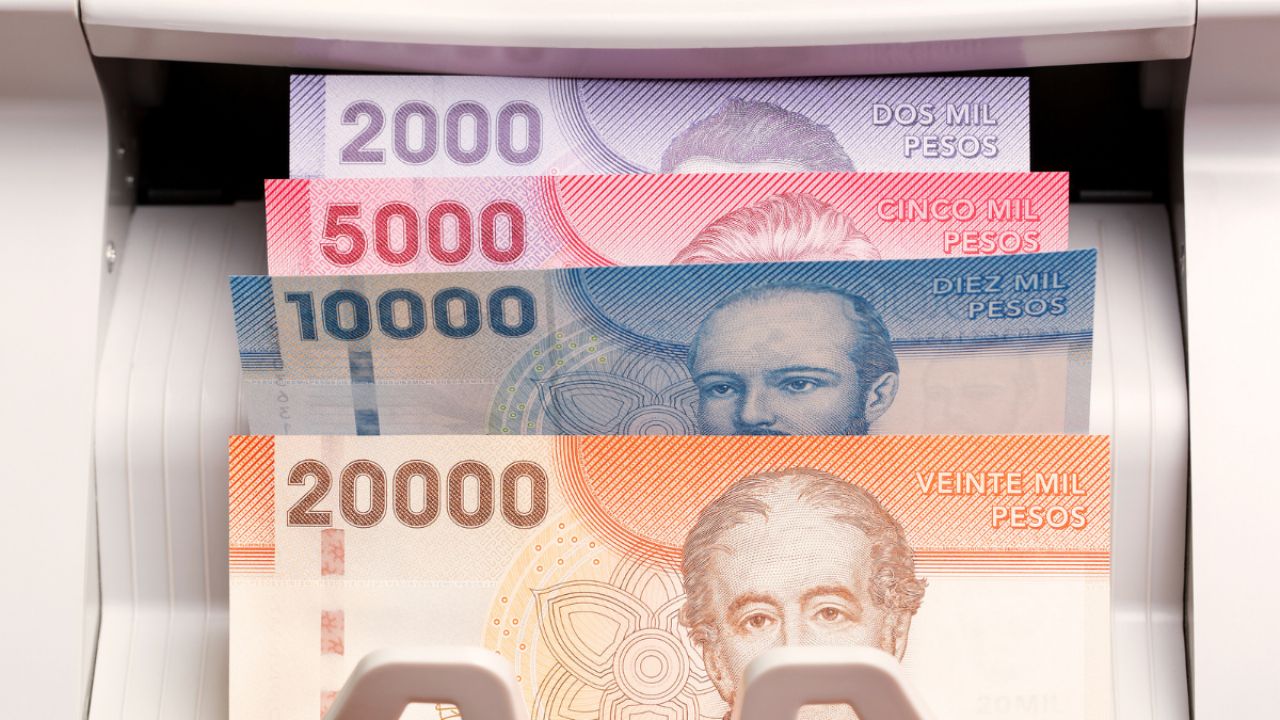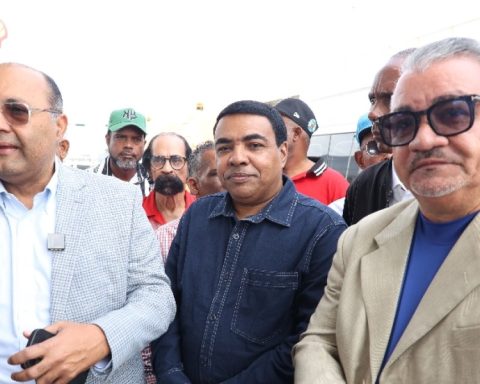Within the framework of the “Anti-Evasion Law”, the Internal Revenue Service (SII) of Chile has announced that it will intensify its inspection of certain types of taxpayers who, according to the institution, could be evading their tax responsibilities.
The tax authorities have identified those who will be the focus of attention, taking into account data from accounts that receive more than 50 monthly transfers or 100 in a semester. The law seeks to ensure that those with recurring income comply with their tax obligations, and the IBS It has been proposed to identify those who receive funds through informal means or those who do not adequately declare their income.
The first group under the microscope are those who receive transfers for reasons not linked to the sale of goods or services. Although the SII will collect this information, it has indicated that it will not take immediate control measures over these cases. The institution seeks, in principle, to monitor the frequency and nature of transactions, in order to obtain data that facilitate the understanding of financial flows in sectors that are not necessarily commercial.
The second group is made up of people who offer products or services informally. For them, the IBS plans to begin a regularization process that includes direct contact and support in the formalization of its activities. The initiative aims for these workers to adopt a complete tax regime, which involves the issuance of receipts or invoices for each transaction and the monthly submission of the VAT declaration.
In addition to complying with the issuance of receipts, these taxpayers must declare VAT until the 20th of each month, as well as submit the annual income tax return. They also have the obligation to inform the IBS about any relevant change, such as the change of address or the expansion of the line of business.

The third group of taxpayers that will be audited are those who are already formalized but who have non-compliance with their tax obligations. This includes people who, despite receiving transfers as a means of payment, do not issue the corresponding receipts. For these cases, the SII has indicated that it will apply exhaustive review measures.
If he IBS finds inconsistencies in the records, it will contact the taxpayer by email to point out the differences and offer the opportunity to correct them online. Depending on the severity of the violation, the taxpayer could be summoned to an in-person audit. Finally, the SII also contemplates carrying out field visits, thus evaluating compliance in the workplace.


















